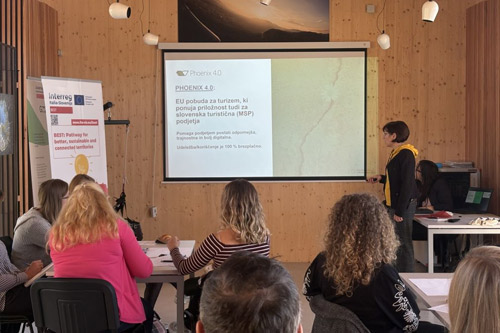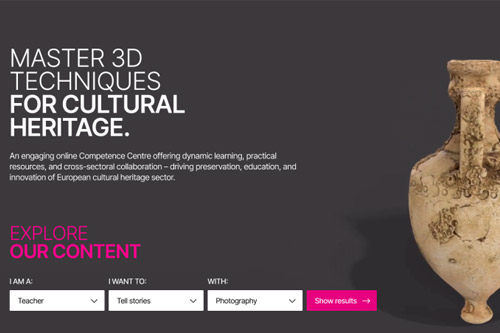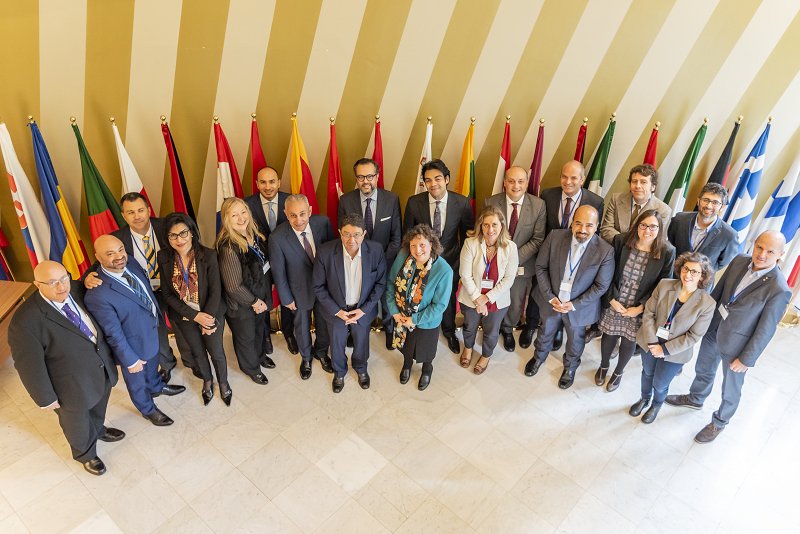
Tourism 4.0 is about collaboration and engagement of all stakeholders in the tourism ecosystem, not only tourists. The stakeholders we identified are the local inhabitants, local authority, government, tourism service providers and tourists. After the first analysis, it is clear that the digitalization of tourism is partially obstructed due to the accessibility of stakeholders, in case of tourist service providers mostly smaller and medium sized organizations, companies, institutions which, such as municipalities, are often understaffed and have restricted budget. This makes their adaptation to rapid technology development close to impossible. Therefore, one of the aims of Tourism 4.0 is to diminish the obstacles by enabling small and medium players to gain access to modern technological solutions.
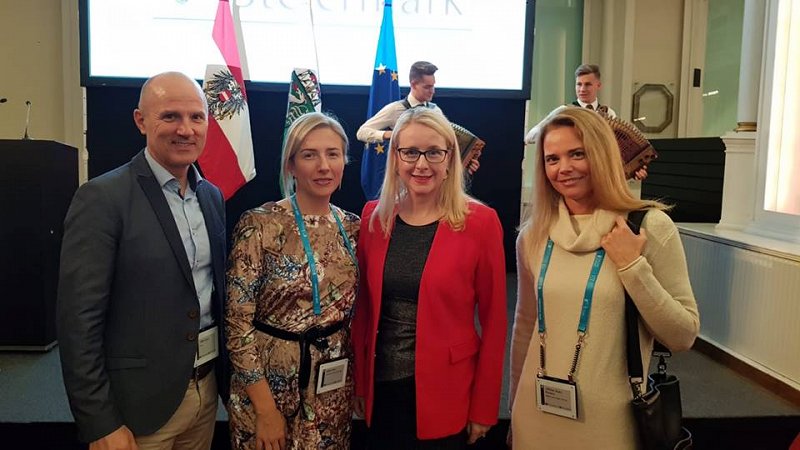
As we believe in the transformation of tourism in the future through the transformation of SME’s in the sector, Urška Starc-Peceny and Tomi Ilijaš participated at the SME Assembly, organized by the European Commission, to spread the ideas of Tourism 4.0. Since SMEs are the backbone of the EU economy, we do believe the SMEs will be the innovative power of tourism of the future.

Therefore, we were delighted to be invited to the First Union for the Mediterranean Brainstorming Meeting on Tourism, where Tomi Ilijaš presented the best practices of Tourism 4.0 at the session on Digitalization of small and medium size enterprises in the tourism sector.
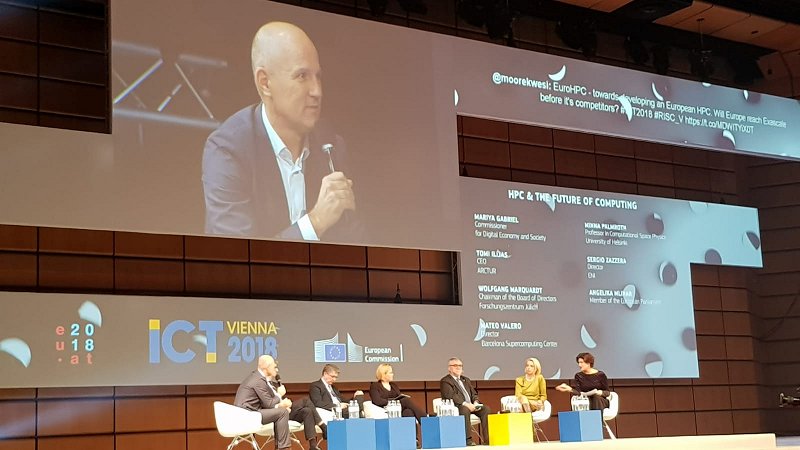
Tomi Ilijaš, the CEO of Arctur, has experience in providing affordable access to technological solutions to SMEs in the field of high-performance computing, which he explained at the panel on HPC & the Future of Computing at the ICT 2018 in Vienna, while stressing that Tourism is the next emerging sector that could benefit greatly, if the smaller and medium players could afford to implement high technology in their daily business.
However, we must not forget that in the implementation of technological solutions the local communities play a vital role. For this reason, they are placed at the center of the ecosystem of the Tourism 4.0. Given the predictions of increasing tourist activities in the future, it is essential to ensure its sustainable growth in order to avoid the negative impact of tourism on the social and natural environment. Local authorities are in a unique position to manage the impact of tourism in their areas since they can provide access to the collected data. This is crucial for fostering continuous innovation in the tourism sector that involves users and their needs in product development. Such message is already being spread throughout municipalities in Slovenia, for example to the Visit Ljubljana team on the photo, with the goal to inspire each local authority with the presentation of the benefits of Tourism 4.0.
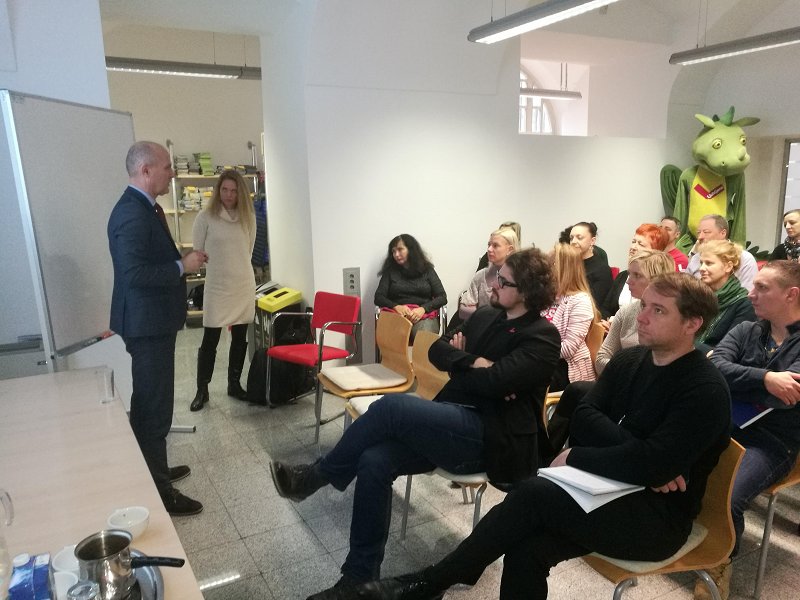
Our voice has also been spread by Hrvoje Ratkajec with the speech on Challenges and opportunities for the local community in the tourism of the future at the 10th conference on Informatics in the public sector. In the article published in the conference book, we have concluded that collaboration between local communities as the key stakeholders in the future tourism ecosystem will enable management of the tourism impact and people flows.


